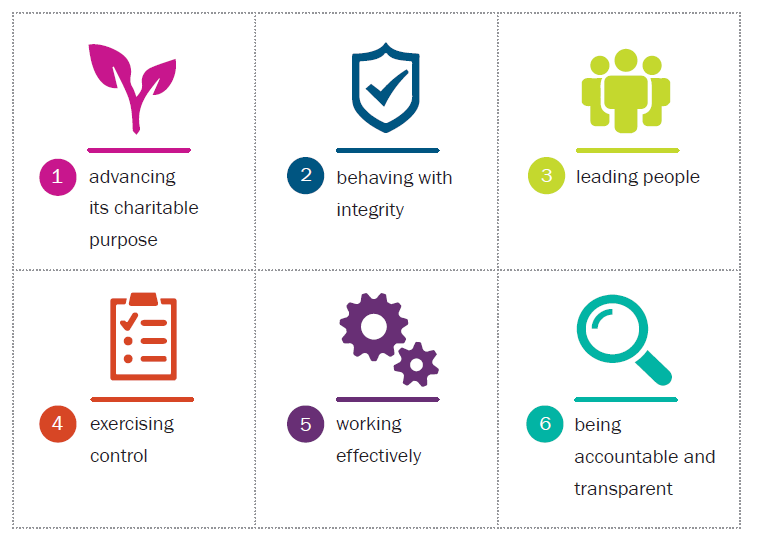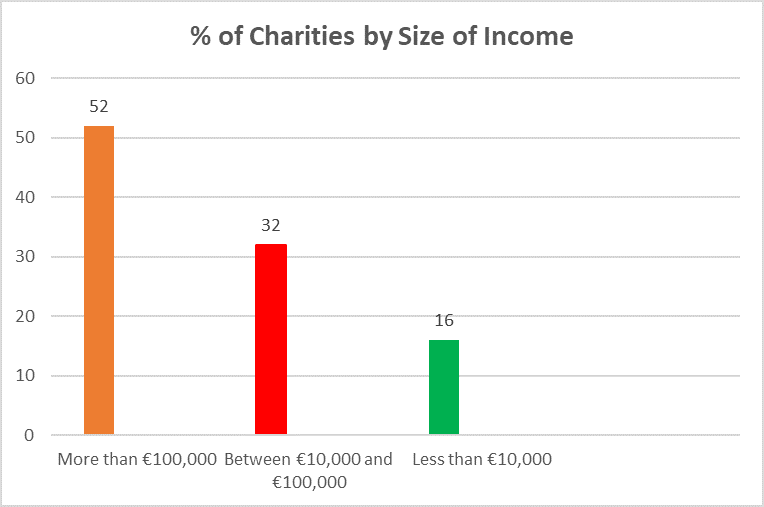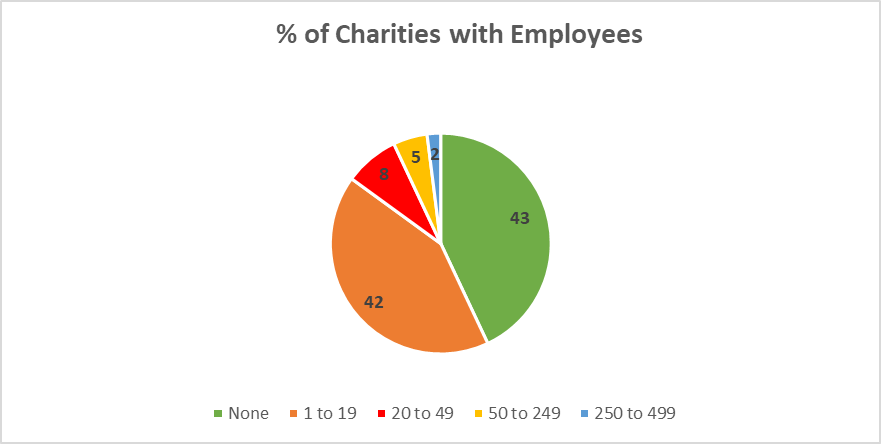
Charities Governance Code Explained
The Charities Governance Code Explained
In the last few weeks we have covered several topics in relation to Charities in Ireland arising from the 2019 Charities Regulator Report published in the summer.
We have covered the Types of Charities and Charities by the Numbers.
This week we will look at the Charities Governance Code (the Code). The Code explains the minimum standards required to effectively manage and control all registered charities in Ireland. These standards must be applied from 2020. The first year that registered charities will be expected to report on their compliance with the Code will be 2021.
The Governance Code is structured with two main types of charity in mind:
- volunteer-only charities and
- charities with a small number of paid staff
as these types of charity reflect the majority of registered charities in Ireland.
The Code is tailored to encourage charities of all sizes to have better administration, financial and management systems in place. Underpinning the Six Principles are two main types of standard (depending upon the size and complexity of charities) which are
- the ‘core standards’ (of which there are 32 in total) that all charities must apply (including the charity’s main purpose, whether any private benefit arises, goal setting to raise funds, annual review), and
- ‘additional standards’ that only certain charities need apply (including developing strategic and operational plans).
The six principles of governance that all charities must apply are:
- Advancing charitable purpose – how the charity fits into one or more of the four categories of ‘charitable purpose’ as defined in the Charities Act, 2009;
- Behaving with integrity – setting an ethical culture and tone;
- Leading People – providing leadership to volunteers, employees and contractors;
- Exercising control – putting mechanisms in place to abide by all legal and regulatory requirements
- Working effectively – induction training for Board members and running efficient Board meetings, having people with the right mix of skills and experience; and
- Being accountable and transparent – accounting for the money (including producing unabridged financial statements) and being open/transparent about all charity matters.
Who is the Code for?
The Governance Code document should be used by all trustees of any kind of charity, being:
- Committee members;
- Council members; and
- Board members or directors of the charity.
How should the Code be used?
Trustees should make themselves familiar with the six principles of the Code and should consider them when assessing compliance with actions taken within the charity and ensure that documentary evidence is kept demonstrating how the standards are met.
Reporting Compliance
From 2021 every charity must submit an annual return to the Charities Regulator demonstrating compliance with the Code and providing valid reasons for non-compliance.
Charities will use a 20 page Compliance Record Form identifying actions taken to meet the Governance Code standards, while the amount of evidence expected to support the level of compliance will vary, depending on the size and complexity of the charity.
The guide to the Governance Code with which all trustees should be familiar, is available here.
New to our website this week are five engagement letter templates:
- CAT Engagement Letter
- Forensic – Loss of Profits Advice Letter of Engagement
- Grant Claim Letter of Engagement
- MUD Company Audit Letter of Engagement
- School Audit Exempt Letter of Engagement
Our Charity Accounting and Charity Audit webinars are available here for immediate access and come with much support material as an extra free bonus and we have several audit template letters for charities that are up to date for SORP, GDPR and Coronavirus (COVID-19), downloadable for immediate tailoring in MS Word.
For a full list of all our webinar recordings, please go to our webinar site here. They may be viewed at any time for 12 months after the date of purchase.
We also have a complete set of charities’ letters of representation in our publications store, updated for SORP and Coronavirus (COVID-19), and letters of engagement for immediate download here. There are also versions available for charities that are not yet implementing the SORP.









